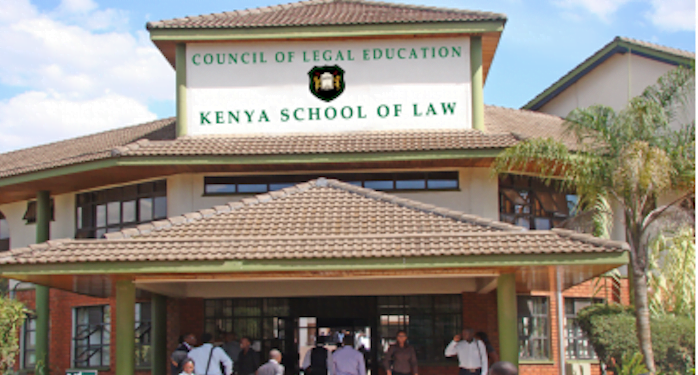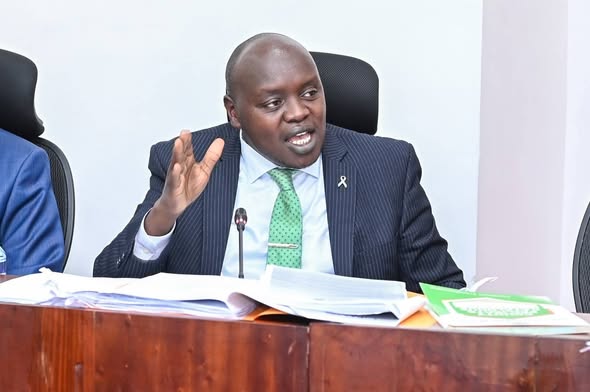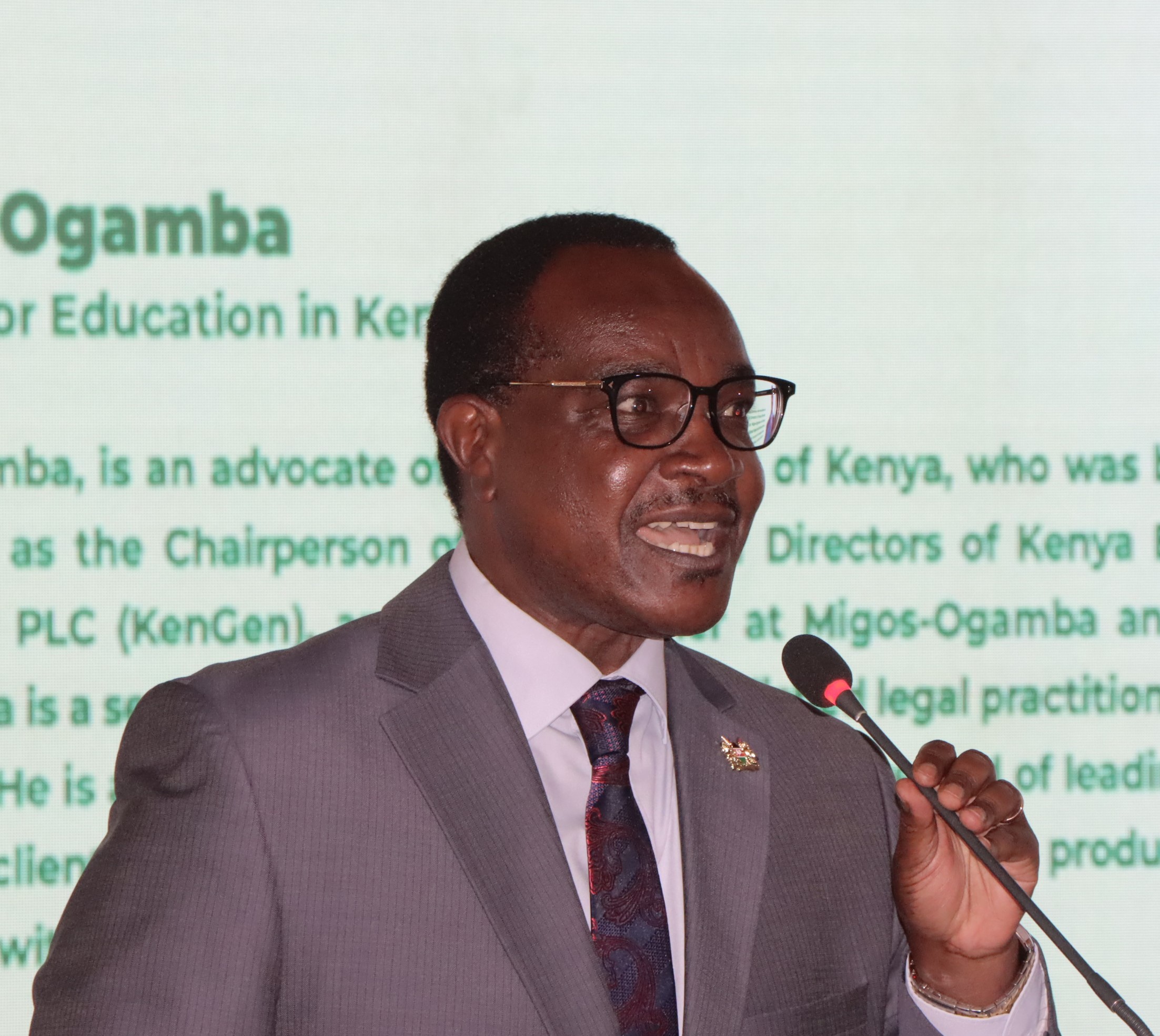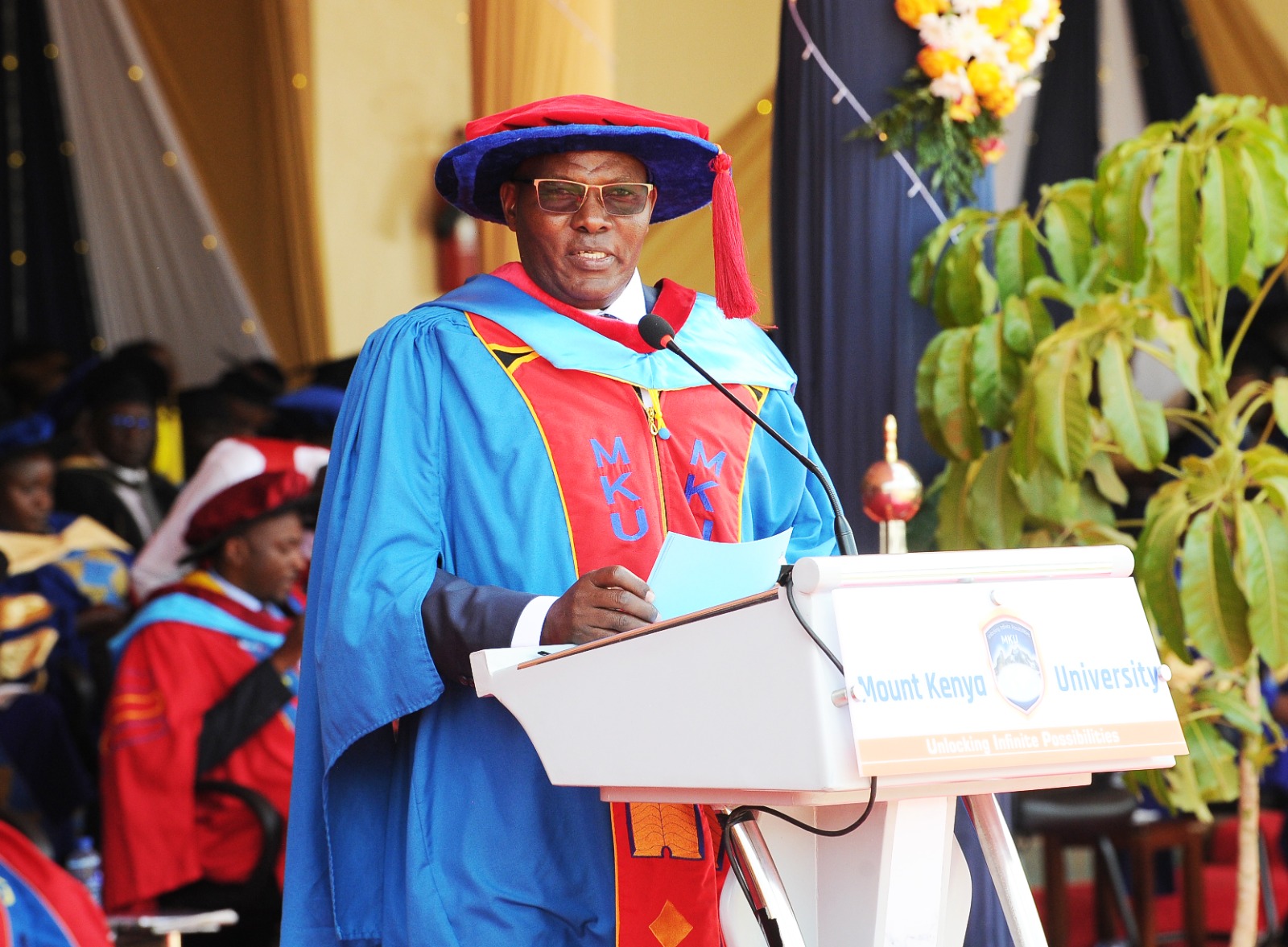By Roy Hezron
Law students can now breathe a sigh of relief after the Cabinet approved the proposal to decentralize the provision of the Advocates Training Programme (ATP).
The move will do away with the monopoly of the Kenya School of Law (KSL) in offering post-graduate training.
The new bill passed by Cabinet on May 12, 2022 during a cabinet meeting chaired by President Uhuru Kenyatta, seeks to address challenges occasioned by the large number of students undertaking the mandatory post-graduate programme only at the KSL.
“In regard to legal education and training, Cabinet approved the proposal to decentralize the provision of the ATP so as to address challenges occasioned by large number of students undertaking the mandatory post-graduate programme only at the Kenya School of Law,” read a dispatch to media houses.
If the proposals will be fully enacted into law, both public and private universities which will meet the set guidelines and requirements put in place by the Council of Legal Education (CLE) will be accredited to offer the post-graduate training programme.
Legal practitioners at KSL have called for the decentralization of the ATP citing congestion at the institution and the big number of courses for its students.
ATP is conducted in 18 months; 12 months in-house and 6 months pupilage. Teaching in the ATP is conducted on a clinical basis.
The ATP programme is designed to equip lawyers with the practical skills required by the profession as mandated by the Kenya School of Law Act, 2012 and the Advocates Act Cap16.
The programme fills the gap for practical and clinical experiential training that prepares the lawyers for effective legal practice.
The Cabinet meeting also approved the Kenya School of Law (Amendment) Bill, 2021 for tabling in Parliament. The Bill will mandate the CLE to determine the admission requirements to all Law programmes including the ATP, a role that is currently being done by KSL.
“Section 16 of the Kenya School of Law Act 2012, is amended by deleting the words ‘set out in the Second Schedule for that Course’ and substituting the words ‘prescribed by the Council of Legal Education under Section 8(3)(a) of the Legal Education Act, 2012 for that Course’,” reads the amendment bill in part.
The new Bill [the Kenya School of Law (Amendment) Bill, 2021] now seeks to delete all the sections that mandate KSL to determine admission criteria for instance in Section 16 and Second schedule of the mother Act, the Kenya School of Law Act 2012; and places the role on CLE.
Currently, the KSL sets the admission requirement to the ATP, a situation that has put KSL and law students seeking to admission for post-graduate training in continuous court battles.
In 2019, efforts by the National Assembly through the then Leader of Majority Aden Duale to try and cure the stalemate through Statute Law (Miscellaneous Amendment) Bill 2019 failed to be passed by legislators in the National Assembly.
The miscellaneous amendments were meant to amend among others the Legal Education Act 2012 and Kenya School of Law Act 2012 with an aim of ending the KSL monopoly of the training in Kenya by amending Section 4 of the KSL Act to allow other institutions to offer the programme.
If the amendment could have been passed by then, CLE could have enjoyed the mandate of administering pre-bar examination (examination offered to LLB graduates from foreign universities).
Poor Performance in Bar Exams
In 2021, KSL and Kenya Institute for Public Policy Research and Analysis (KiPPRA) in a joint report titled Factors Influencing Students’ Performance in the Kenyan Bar Examination and Proposed Intervention dated September 2019, came up with a number of recommendations to help in reducing the high number of students failing the bar examinations.
Key among the recommendations were: the review of entry grade for those studying law in various universities. This came up as a result of the finding that students’ performance in bar exams is affected by the admissions criteria for the Bachelor of Laws (LL.B). the study found a strong correlation between students’ performance in the bar examinations and performance at high school (KCSE, IGCSE, GCE, IB and A level grades).
“An analysis of student high school grades against their performance in the bar examinations indicated that students with higher high school grades have consistently performed better in the bar examinations compared to students with lower high school grades,” reads the report.
The report also recommended that students need to have adequate time with the course material by having an opportunities to receive more diverse or longer professional experience while at university by expanding their work opportunities beyond judicial attachment and facilitating opportunities for acquiring experience in legal practice.
The report noted that the judicial attachment at university level ought to be complemented by work experience in a law firm or organizations undertaking legal practice, where such apprenticing will enable students to likely receive adequate practical exposure to facilitate their preparation for pupillage during the Advocates’ Training Programme.
The report further recommended that the quality of legal education at university should be improved and that while in university, students should undertake an attachment in a law firm or organization with a legal practice department, besides the judicial attachment. Furthermore, there was the recommendation that exchange programmes should be introduced within universities to expose students to various jurisdictions and learning environments.
The report further recommended the decentralization of KSL services subject to availability of resources and funding to accommodate the high number of entrants to the ATP.






